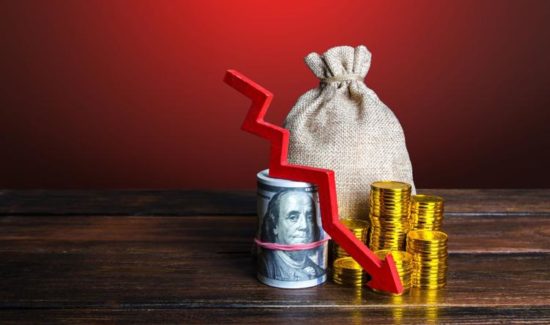(The Center Square) — Natural gas production is increasing nationally, but not in Pennsylvania.
Though production jumped 4% in 2022, most of that growth came from outside the Appalachian region, even though it’s responsible for 60% of all production.
The Permian, Haynesville, and Eagle Ford regions (crossing New Mexico, Texas, and Louisiana) increased production by 2.5%, 2%, and 1% in 2022, respectively, but Appalachian production hardly budged, according to the U.S. Energy Information Administration.
Nor does it look like that status quo will change much. A report from the Independent Fiscal Office noted that Pennsylvania has seen a 35% drop in new natural gas wells compared to quarter three of last year, setting up a record decline.
Price declines have also been dramatic. The average Pennsylvania price for natural gas was $1.31 in Q3 of 2023, an 81% fall compared to the $6.92 price in Q3 of 2022.
“Pennsylvania production growth continued to lag several other top-producing states in 2023 Q3 compared to the prior year,” the IFO noted. “Pennsylvania accounted for 16.8% of national production (not shown) in 2023 Q3. This share peaked in 2021 Q1 at 18.9% and has steadily declined since then.”
Though the Appalachian region produces the most natural gas in the nation, about 30%, it’s hitting against a ceiling.
“Even as Appalachia remained the most prolific U.S. natural gas-producing region, its production growth has been slowing because sufficient pipeline takeaway capacity is not available to transport more natural gas,” the EIA noted. “No new major pipeline capacity additions from the Northeast came online in 2022.”
Other states like Texas and Louisiana, however, continue to green-light pipeline projects to expand capacity. They also lead in liquified natural gas exports, which Pennsylvania is considering as well.
A decline in natural gas production and new wells also means less local revenue for gas-producing counties. The IFO warned earlier this year that impact fees from natural gas could go bust after some recent boom years.






